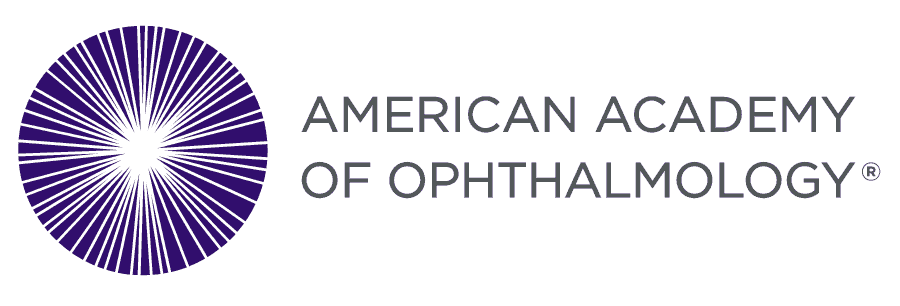A cataract, otherwise known as a “crystalline lens,” is a clouding of the natural lens of the eye. Cataracts are usually found in middle-aged to older people and can be a normal part of the ageing process. When a cataract becomes too cloudy it will make it difficult for that person to see and cataract surgery will need to be performed. Not to worry though, cataract removal is one of the most common surgical procedures in the United States and it is estimated that nearly 3 million operations are performed annually.
The actual surgical procedure to remove cataracts involves removal of the cataract lens and inserting an artificial lens (cataract lens implant) as a replacement to restore vision. This artificial lens is also known as an IOL or intraocular lens. Cataract removal is typically done under local anesthesia, it is usually painless and you are able to return home within a few hours.
If you are considering cataract surgery, you will definitely want to research all of the advantages and disadvantages of the different types of intraocular lenses available. Below you will find answers to questions about Premium versus Standard Lens Implants.
Standard Intraocular Lens Implants:
Advantages
- Typically covered by all insurance companies including Medicare
- Good for distance vision in patients without astigmatisms
Disadvantage:
- Patient will need to wear glasses for near activities – In other words, standard implants are primarily good for distance vision only
Premium Intraocular Lens Implants:
Advantages
- A premium lens can improve your near and farsightedness.
- Some brands of premium intraocular lenses are designed to reduce or eliminate astigmatism.
- Most patients will not need to wear glasses afterward but this is not guaranteed in all cases.
Toric Lens Implants (a type of Premium Intraocular Lens Implant)
Advantage:
- If present, this will correct your astigmatism, however, if you have both an astigmatism and cataracts you will not regain hi-quality uncorrected vision unless your astigmatism is addressed. You can read more about Toric Lens Implants by clicking here.
Disadvantages:
- Typically not covered by most insurance companies or Medicare.
- Not ideal for patients with retina, cornea, or glaucoma issues because they will be unable to reap the full benefits of the implant.
As with any eye surgery, it is best to discuss your options with your eye doctor to determine what will work best for you.
Cataract Surgery and Cataract Lens Implants in Fort Lauderdale, FL
At the Fort Lauderdale Eye Institute, we specialize in cataract surgery and cataract lens implants. Dr. Skolnick and Dr. Fernandez de Castro are both highly skilled in cataract surgery and specialize in the latest technology with premium lens implants.
For more information regarding the latest premium lens implants available, you can reach out to the Fort Lauderdale Eye Institute at 954-741-5555 and schedule an in-person consultation.







